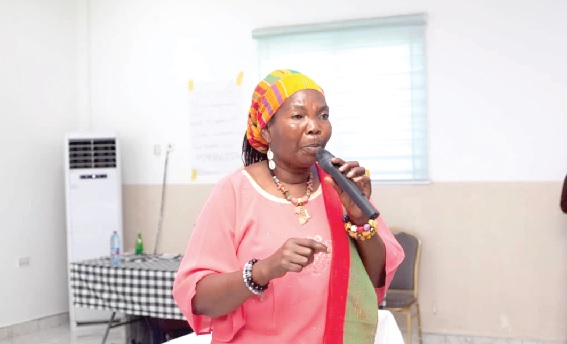
Marginalised groups sensitised to their rights
A training workshop has been organised in Tamale to empower women, Persons with Disabilities (PWDs) and members of the Fulbe community with skills and knowledge to effectively speak on their rights.
The training, aimed to build participants' capacities to influence policies that address their unique challenges, particularly in governance, social protection, education and health.
Organised by the Savannah Women Integrated Development Agency (SWIDA), with support from the STAR-Ghana Foundation and funded by the Foreign, Commonwealth and Development Office, the workshop was part of the "Empowering the Excluded for Increased Participation in Election and Governance Processes in Northern and Savannah Regions of Ghana," project.
Basic rights
Speaking at the event, the Executive Director of the SWIDA Ghana, Alima Sagito Saeed, emphasised that marginalised communities had been facing neglect, which was limiting their access to basic rights.
She pointed out that the country had committed to numerous international treaties and Agenda 2030 goals, yet, health, education and social protection remained issues for these communities.
![]()
She stressed that government policies often failed to include marginalised voices in decision-making, which affected their ability to demand rightful services and protections.
Hajia Alima, therefore, called for concerted efforts to protect the rights of the vulnerable and give them a voice.
Inclusivity
A Lecturer at the University for Development Studies (UDS), Dr Naazia Ibrahim, who facilitated the workshop, advocated the translation of political manifestos into local languages to foster inclusivity, as many people were unable to understand the policies due to language barriers.
She intimated that social inclusion was essential for the dignity, security and opportunity of marginalised individuals, enabling them to enjoy better lives.
“It has been proven time and again how crucial it is to support individuals to feel connected and valued within society,” Dr Ibrahim added.
